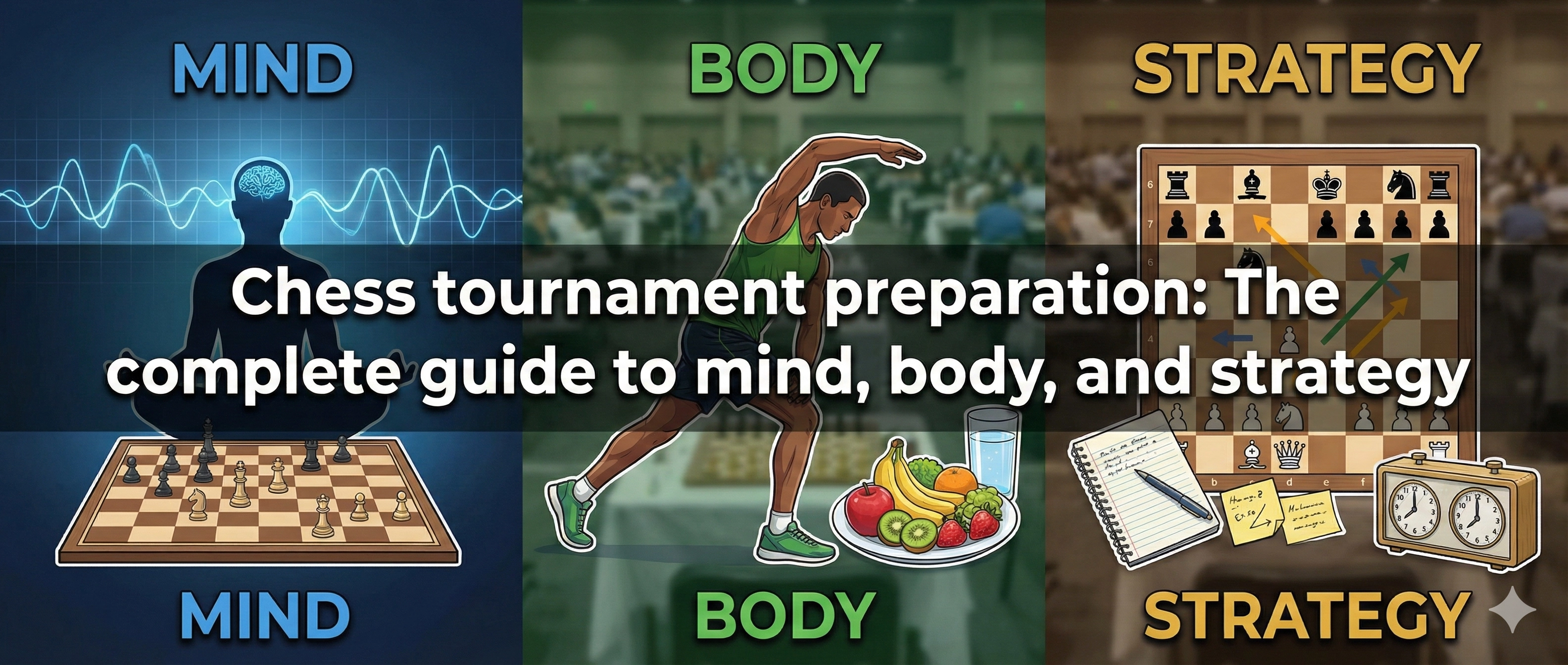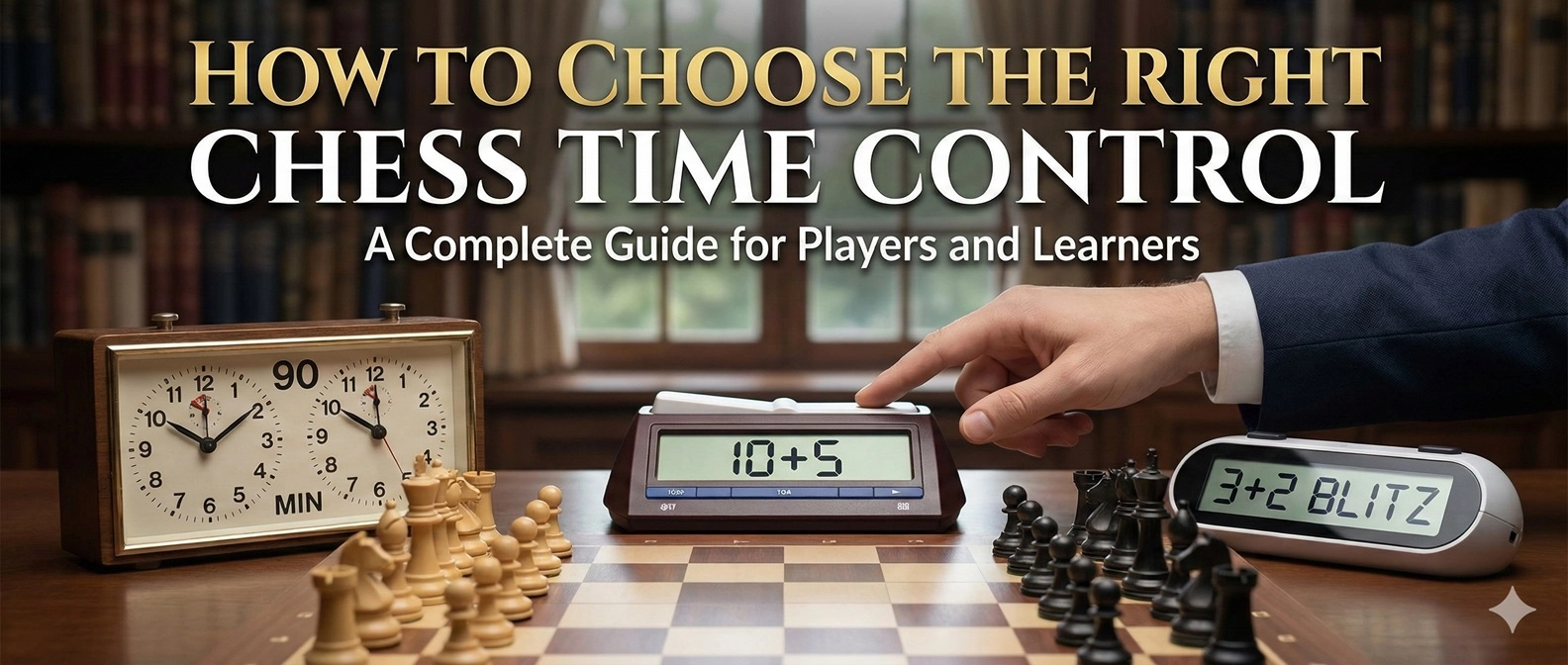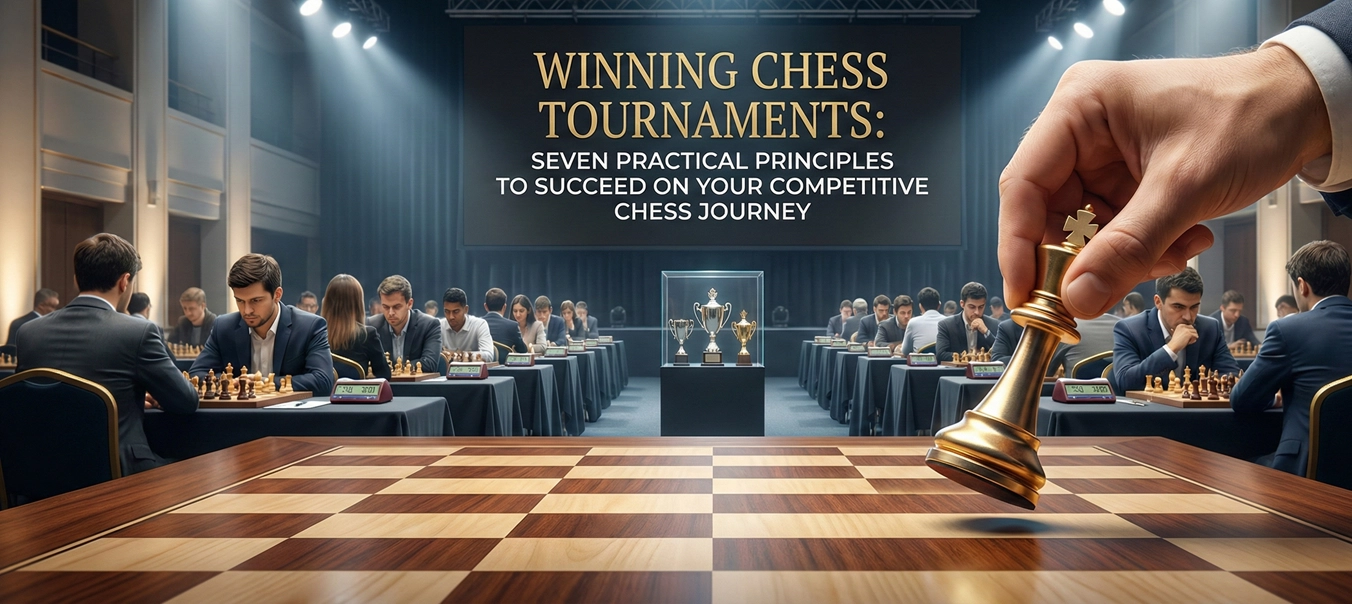Chess has a long and fascinating history, filled with countless brilliant minds. Yet, only a select few players have risen above the rest—redefining the game with their creativity, strategy, and sheer brilliance.
These legendary masters not only achieved greatness on the board but also transformed chess itself, leaving behind a legacy that continues to inspire generations of players.
In this blog, we’ll rank the 10 greatest chess players in history, exploring their unique playing styles, iconic victories, and lasting contributions to the game. Let’s dive into the world of chess legends!
Wilhelm Steinitz (The Soviet Union)
1. Wilhelm Steinitz

No list of legendary chess players is complete without Wilhelm Steinitz, the first official World Chess Champion who dominated the 1870s and 1880s.

Steinitz revolutionized chess with his positional approach, emphasizing pawn structure, piece activity, and control of key squares over reckless attacks. His careful planning, solid development, and gradual accumulation of advantages laid the foundation for modern chess strategy. Today, he is rightly remembered as the father of modern chess, whose ideas continue to guide players worldwide.
2. Emanuel Lasker (Germany)

Succeeding Steinitz as world champion, Emanuel Lasker took chess to new heights of prestige. He was the second World Chess Championship title for a remarkable 27 years, from 1894 to 1921.
He was a versatile player known for his deep understanding of various aspects of the game, including openings, middle games, endgames, and the World Championship match in 1908, where he had a brilliant win over Siegbert Tarrasch.

Throughout this period, and not long before he surrendered the world championship title to Alexander Alekhine in 1927, Lasker faced a great surprise defeat at the hands of one Richard Reti, ending his undefeated streak that lasted from 1926 to 1924.
Lasker was not only the greatest chess players of all time but also a true Renaissance man – a mathematician, philosopher, and even politician. He brought a psychological approach to chess, stressing the mental battle as much as the move quality.
His ability to steer games into positions favoring his strengths awed contemporaries. Lasker played with discipline and logic, earning the nickname "human chess machine". He elevated chess into an art form, dominating the field like no one before.
3. Jose Raul Capablanca (Cuba)
was a Cuban chess player who became the third World Chess Champion in 1921, ending Lasker's long reign. He was a master of simplification, transforming complex positions into favorable endgames. He could find the right moves with minimal effort, seemingly reducing complex positions to trivial form.

Capablanca played with elegance and technique. He advocated clear principles in chess, denouncing artificial complexity. Unfortunately, Capa lost motivation in later years as the game became more structured. But in his prime, he dazzled the chess world with effortless brilliance.
4. Alexander Alekhine (Russia / France)

Alexander Alekhine started the longest duration of a Russian world champion after defeating Capablanca in 1927. His aggressive combinations pushed chess into new dimensions of complexity imprints his name in the greatest chess players of all time.
Alekhine was known for his insatiable appetite for complications. He advocated forcing chess, full of sacrifices, deception, and initiative. Alekhine had immense imagination, blending ideas in ways no one else envisioned. His games feature relentless attacks – he remorselessly pounced on any positional weakness.

He popularized the hypermodern approach, showing how flexibility could neutralize more significant space. He was a tactical genius who excelled in complex positions. Alekhine's games were full of daring moves, clever combinations, and surprises. His ability to create chaos on the chessboard and calculate complex variations made him a difficult opponent
5. Mikhail Botvinnik (The Soviet Union)

Mikhail Botvinnik revolutionized chess preparation and training, leaving a lasting legacy. As a World Champion, he was known for his meticulous style and fierce competitiveness. But his most outstanding contribution was as a teacher and theorist. Botvinnik passed down structured training techniques to rising talents like Petrosian, Spassky, and Kasparov.

He focused intensely on perfecting openings to gain tiny advantages against the world's best. Botvinnik also elevated chess professionalism, proving that being a champion required intellectual and physical development beyond just talent.

His rigorous "Botvinnik School" produced multiple generations of Soviet greats cemented the USSR as the epicenter of chess mastery. Despite being a strong chess player, Botvinnik's strategic breakthroughs and teaching beliefs helped to shape modern chess.
6. Mikhail Tal (The Soviet Union/ Latvia)

In 1960, the chess world witnessed the remarkable rise of Mikhail Tal, who unseated Botvinnik from the throne. Born in Riga, Latvia, in 1936, Tal earned the nickname "The Magician from Riga" for his clever sacrifices and sharp attacks. Tal's style was the complete opposite of Botvinnik's rigid principles. He didn't get bogged down in details; instead, he followed his instincts, embracing daring sacrifices and fierce attacks.
This unpredictability thrilled chess enthusiasts but often frustrated his fellow players. Tal's time as world champion was brief, as he lost the rematch to Botvinnik a year later. Nevertheless, he maintained a high level of play for many years, securing the Soviet championship five more times and participating in various Candidates Tournaments.
In addition to his playing career, he found success as a chess writer and journalist. Mikhail Tal is celebrated as one of the most imaginative and electrifying chess players in history. His enduring legacy continues to inspire chess enthusiasts of all skill levels.
7. Bobby Fischer (United States)

Took the chess world by storm in 1972, ending over 20 years of Soviet domination during the midst of the Cold War. Bobby Fischer was an American chess grandmaster and the eleventh World Chess Champion. He is considered to be one of the greatest chess players of all time. He learned to play chess at six and quickly became a prodigy in America.
In 1972, Fischer defeated Boris Spassky of the Soviet Union to win the World Chess Championship. His victory was a major cultural event, and he became a national hero in the United States. Fischer never defended his title, and retired from competitive chess in 1975.
Despite complex behavior issues, Fischer was utterly devoted to chess excellence. He won with both aggressive attacks and technical endgames. After his triumph, Fischer became depressed and inactive. But his legacy remains an inspiration to generations of chess dynasties.

8. Garry Kasparov (The Soviet Union)

Is one of the greatest chess players of all time. He became the world champion in 1985 at 22, the youngest ever. His aggressive and dynamic playing style revitalized the game. Kasparov was known for both his attacking skills and his positional understanding.
He was able to balance these two qualities to create a style of play that was unprecedented. Even against the best grandmasters in the world, Kasparov found new and innovative ways to start games.

Perhaps even more impressive is Kasparov's longevity. He successfully defended his world title throughout the 1990s and remained the world's number-one ranked player for over 22 years. Even though he occasionally made mistakes, Kasparov's creativity, stamina, and preparation set the gold standard for modern chess players.
9. Magnus Carlsen (Norway)

Magnus Carlsen is a famous chess player, often called the "Mozart of Chess." He's really good at chess because he's great at making smart moves, attacking his opponents, and he's been playing since he was young. He's won the World Chess Championship five times, the World Rapid Chess Championship four times, and the World Blitz Chess Championship six times. He's also won the Chess World Cup once.

Magnus is unique because he's the only player to be the champion in all types of chess games (like standard, rapid, and blitz) all at the same time in 2019. In 2009, he became the youngest player ever to reach a high rating in chess. And in 2014, he had the highest rating ever at that time. He became the world champion when he beat Anand in 2013, just before he turned 23.

He was the second-youngest world champion, only behind Kasparov. Carlsen's peak rating of 2882 is the highest in history, and he also holds the record for the longest unbeaten streak at the elite level in classical chess. He became World Chess Champion in 2013 and has defended his title extensively.
10. Viswanathan Anand (India)

Viswanathan Anand, also known as Vishy, is an Indian grandmaster and a former five-time World Chess Champion. Anand's deep preparation and positional mastery have made him a formidable opponent. Rather than go for quick attacks, he slowly builds up strategic advantages. Anand has used these skills to become the undisputed World Chess Champion from 2007 to 2013, defeating top players like Kramnik and Veselin Topalov.

He held the title for over six years, the fourth-longest reign of any World Champion. Anand is the strongest Indian grandmaster of all time and has inspired multiple generations of chess players in India and around the world.
Anand has also won the unofficial chess world championships, the PCA World Championship, the FIDE World Cup, and many other prestigious tournaments. With his universal appeal and gentlemanly demeanor, Anand has done much to increase the popularity of chess worldwide. His legacy as one of the greatest players is firmly cemented.

Conclusion
Our handpicked list of the greatest chess players:
Wilhelm Steinitz
Emanuel Lasker
José Raúl Capablanca
Alexander Alekhine
Mikhail Botvinnik
Mikhail Tal
Bobby Fischer
Garry Kasparov
Magnus Carlsen
Viswanathan Anand
These chess players, from Steinitz to Anand, have left an indelible mark on the game and serve as an inspiration to all aspiring chess enthusiasts. These 10 chess players displayed incredible skill, creativity, and dedication to their craft.
Their contributions and unique styles have enriched the world of chess, reminding us that this ancient game continues to evolve and captivate minds worldwide. Now, discover your inner grandmaster by studying the most influential chess strategies with EnthuZiastic!
FAQs
1. What are some of the qualities that make a great chess player?
There are many qualities that make a great player. Some of the most important qualities that include deep understanding of chessboard theory, Strong tactical skills, Strategic understanding and Competitive fire make a great chess player.
2. What are some tips for improving at chess?
There are many tips for improving at chess. Here are a few:
Study chessboard theory
Solve puzzles
Play regularly
Get feedback from a stronger playe






Comments